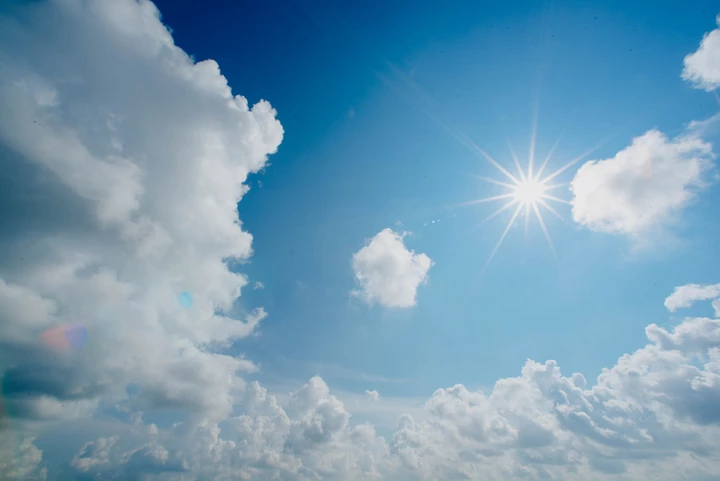- Why Athletes should go through a process called acclimatization before training in the summer heat, which involves gradual exposure to hotter temperatures to allow the body to adapt and work efficiently in the heat.
- How Hydration is crucial to athletes which is to drink at least 11-16 cups of fluids per day, including water and sports drinks for electrolytes, to prevent dehydration and heat-related illnesses.
- The importance of the warrior mentality to have to push the limits while training in the heat while ensuring the body is adequately rested to reduce risk of negative consequences and allow the body to perform at its peak.
Summer heat is peaking all the highs just in time for the return to sports training. As much as everyone wants to get back on the field, our athletes must prepare themselves to train in the heat. Prior to the beginning of summer practice, athletes must go through what is called acclimatization. This is the process where the body physiologically adapts to heat in order to work most efficiently. In order to begin this process, an athlete must begin training in the “hotter” temperatures in order for their body to adapt BUT this must be done in a safe manner, i.e. do not train in peak heat conditions.
Several adaptations occur during this acclimatization period including decreased heart rate, increased plasma volume, decrease in perceived exertion, decrease in NA+ and CL- in sweat, and an increase in sweat rate. Basically, what the above changes do is make it possible for your body to optimally function in heat and hopefully decrease the risk of heat cramps, heat exhaustion, and heatstroke. This process takes in the range of 5-10 days so it’s best to begin about 2 weeks before the start of camp. Many sports teams also follow protocols of this process to minimize the effects of the heat. But when the goal is to play at peak performance, it’s best to be adapted prior to the start of the season. Below are some tips for the heat acclimatization process and how to stay safe.

Tips to stay safe:
- Hydrate: Depending on age and gender athletes should be drinking at minimum 11-16 cups of fluids per day. Water is usually the best option but having a sports drink in the mix for electrolytes can also help. Proper hydration practices include 17-20 oz 3 hours prior to activity and 7-10oz every 10-20 minutes during activity. For dehydration; 1-2% water loss impairs physiologically function, therefore you will not be performing at your best if you are dehydrated. Furthermore, a 3% decrease in water loss can put you at risk for exertional heat illness. Please drink your fluids!
- Warrior Mentality: We all want to be the best and push our limits, but in the heat, we must make sure our body has adapted to function at peak performance. At the beginning of training in the heat do not push your body to the absolute limits, this may increase metabolic heat production leading to negative consequences. Also allow your body appropriate rest times during training in order to adapt to give the body time to recover. The bottom line – make sure you are fit enough to perform the activities you are attempting to perform in the heat and slowly increase intensity during the acclimatization process. When the body is adapted, push your limits while following safe practice tips.
- Sleep: The part of the brain that controls sleep also relates to the part of the brain that is our “Thermostat.” If we are not sleeping enough at night this may inhibit our body’s ability for temperature control and puts us at risk. Also, sleep is the process when the body recovers. Therefore if you do not sleep, you will not be able to perform at peak performance.
- Time of Training: Training during the hottest part of the day will most certainly put you at greater risk. There will be an increase in heat gain through the skin from the sun and there will be a decrease in heat loss through the skin. Basically, the body is unable to disperse heat out of the body as fast as the body heats up. Please train earlier in the morning or later in the evening when the temperatures are a bit cooler and the sun’s rays are not as strong.
Myokinetix Performance & Recovery
_____________________________________
“Helping active people & athletes overcome pain, prevent injury, and improve performance“

